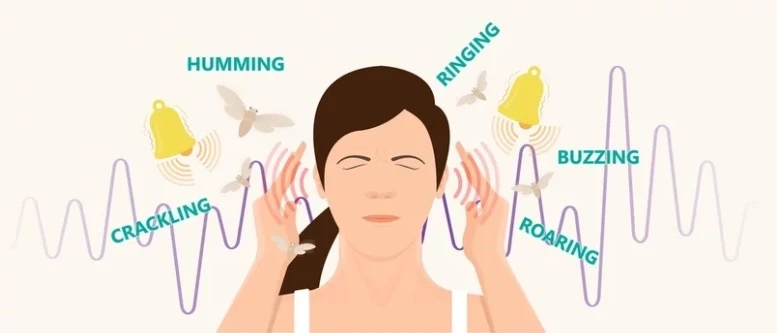Tinnitus is the term used to describe the experience of sound (ringing or noise) without any external stimuli. Tinnitus affects about one-third of people at some point in their lives.
The intensity of sound can be anything from barely audible to powerful and incapacitating. Despite the fact that there is no treatment for chronic tinnitus, there are numerous management techniques that can enhance the quality of life for patients.
Tinnitus is a very frequent issue that can be heard in one or both ears as well as in the brain and is quite bothersome. The attack causes irritability, inability to sleep, lack of focus, and despair.
What Is The Most Powerful Tinnitus Treatment?
Tinnitus therapy may work well for one person but not for another due to differences in physiology and body function. Depending on the origin of the tinnitus, a unique tinnitus therapy management will be effective.
Tinnitus is a symptom, not an illness, which must be understood. Suicidal thoughts may be present in the patient because it can be so debilitating. Ringing in the ears and other comparable symptoms are brought on by a flaw or cause in another part of our body.
Effective Therapy Methods
Tinnitus cannot be cured, but there are numerous therapies and treatments that can help control the condition's symptoms and enhance quality of life. Some of the best effective therapies are as follows.
Sound therapy: Sound therapy involves using external sounds to help mask or distract from tinnitus's internal ringing or buzzing. This can include white noise machines, music, or nature sounds. Some people also find relief from using hearing aids or cochlear implants to amplify external sounds.
Cognitive-behavioral therapy (CBT): CBT is a type of talk therapy that helps individuals identify negative thought patterns and behaviors that may exacerbate their tinnitus symptoms. Through CBT, individuals can learn coping strategies to help reduce stress and anxiety related to tinnitus.
Tinnitus retraining therapy (TRT): TRT is a sound therapy that combines counseling and sound therapy to help individuals habituate to their tinnitus. TRT aims to help individuals learn to ignore the sound of their tinnitus so that it no longer causes distress or anxiety.
Mindfulness-based stress reduction (MBSR): MBSR is a type of meditation that can help reduce stress and anxiety related to tinnitus. By focusing on the present moment and accepting the sound of tinnitus without judgment, individuals can learn to reduce the impact of tinnitus on their daily life.
Medications: Some medications, such as antidepressants and antianxiety drugs, can help reduce the symptoms of tinnitus. However, these medications should only be used under the guidance of a healthcare professional.
Alternative therapies: Some people may find relief from tinnitus through alternative therapies such as acupuncture, hypnosis, or chiropractic care. However, the effectiveness of these therapies is not well established, and they should be used with caution.
In the End
It can be easier to manage tinnitus if you understand it. Ask your doctor these inquiries so that you can learn more about your illness.


